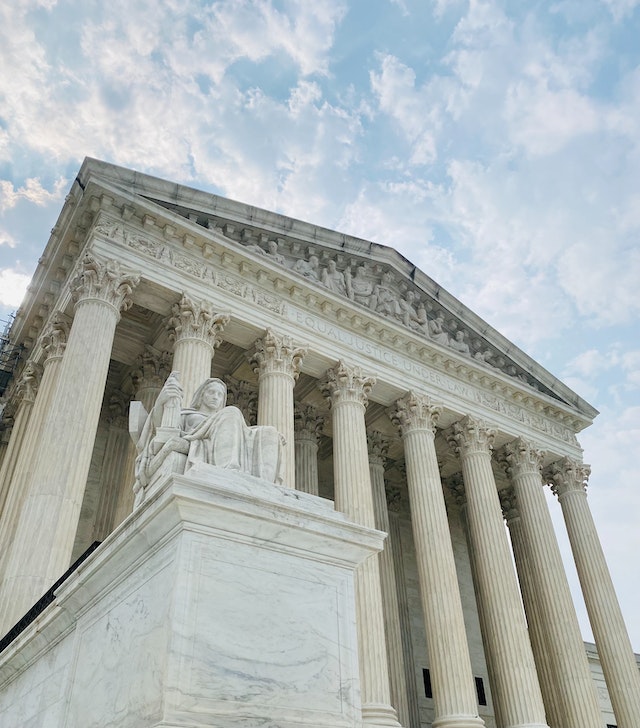As the US Supreme Court prepares to convene for its new term, it finds itself under a looming ethics cloud that has captured the attention of legal experts and the public alike. This article delves into the upcoming term of the US Supreme Court and the ethical concerns that cast a shadow over it. Join us as we explore how these concerns might affect the court’s decisions and its reputation.
The US Supreme Court’s Vital Role
The United States Supreme Court is the highest judicial authority in the nation, responsible for interpreting the Constitution and resolving critical legal disputes. Its decisions have far-reaching consequences, shaping the legal landscape of the country. Given its significance, it is imperative that the court operates with the utmost integrity and impartiality.
Ethical Concerns on the Horizon
The ethics cloud currently hovering over the US Supreme Court revolves around several key issues:
- Conflicts of Interest: Some justices have faced scrutiny for their potential conflicts of interest. This includes questions about financial investments and personal connections that might influence their decisions.
- Transparency: Critics argue that the court should be more transparent about its activities, including recusal decisions and financial disclosures. Transparency is seen as essential for maintaining public trust.
- Partisanship: The perception of the court as partisan has grown in recent years, particularly concerning the appointment of justices. This has led to concerns about the court’s impartiality and its ability to remain above the political fray.
- Lifetime Appointments: The lifetime appointments of justices have come under scrutiny. Some suggest that term limits could help reduce the influence of politics on the court.
The Impact on the Upcoming Term
These ethical concerns are unlikely to dissipate as the US Supreme Court begins its new term. Instead, they may cast a long shadow over the decisions made by the justices. Here are a few ways in which these concerns could impact the court’s upcoming term:
- Recusal Decisions: Justices may face increased pressure to recuse themselves from cases where their impartiality is questioned. This could affect the composition of panels hearing important cases.
- Public Perception: The court’s decisions may face greater scrutiny in the court of public opinion, with more skepticism about the integrity of its rulings.
- Calls for Reform: As the ethical concerns persist, calls for reform within the court may intensify. Proposals for changes to the court’s structure or processes could gain traction.
Conclusion
The US Supreme Court’s new term begins under the cloud of ethical concerns that threaten to erode public trust and confidence in the institution. As the court faces important cases on its docket, the decisions made by the justices will be scrutinized more closely than ever. It remains to be seen how these ethical concerns will shape the court’s actions in the coming term and whether they will lead to significant reforms in the future. One thing is clear: the eyes of the nation will be firmly fixed on the US Supreme Court as it navigates these uncertain waters.












